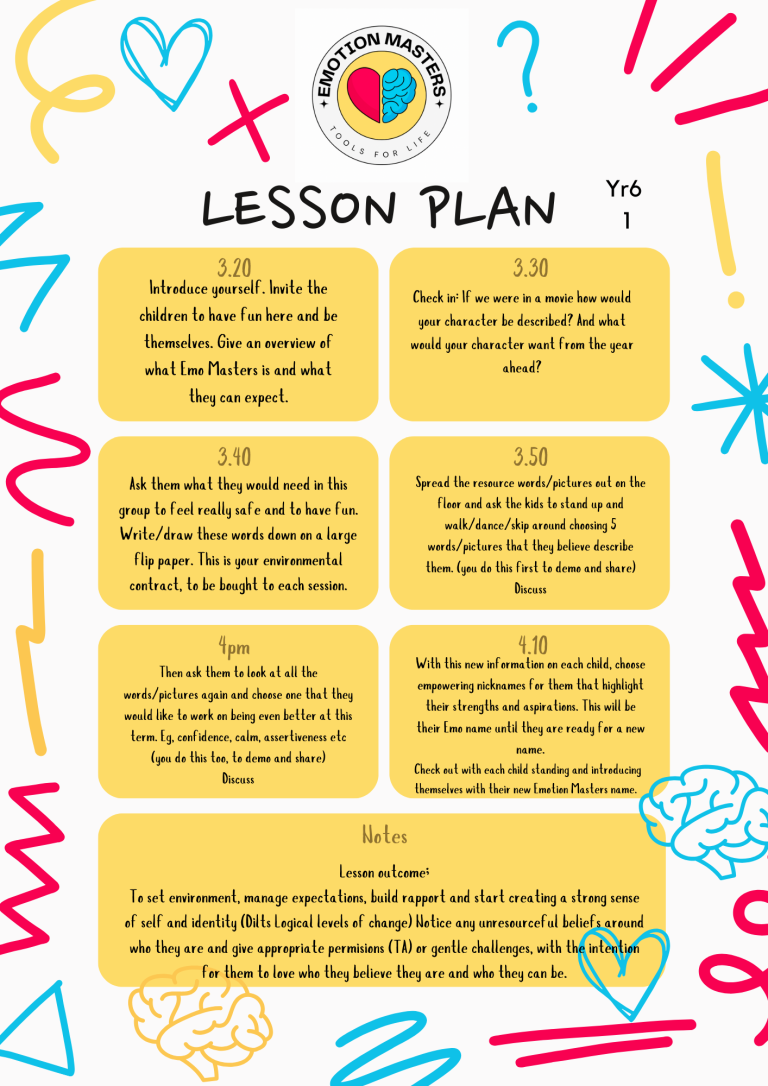Who We Are
Highly qualified and compassionate trainers
Our journey began with myself, Mel Yea and Lee Bartlett-Jeffery meeting and noticing that we had a particular set of skills and a desire to work with children's emotional intelligence and wellbeing.
I have been a Trainer and Neuro Linguistic Programming Master Practitioner and Coach for 15 years. Designing and delivering training and working one to one with clients.
I am passionate about all things mental health and wellbeing and I specialise in anxiety.
I was a dyslexic, school avoidant child and I believe we learn better when we feel safe, supported and have fun. Children consistently amaze me at how quickly and creatively they pick up the Emotion Masters tools.
Lee has been a Teaching Assistant, Doula and a Nanny for 7 years and recently qualified as a Nuero Linguistic Programming Practitioner.
She is passionate about children and giving the next generation the skills to be the best versions of themselves, reaching their full potential and living balanced and fulfilling lives.
We believe that everyone learns in their own way and at their own pace. A safe and accepting environment is key.


Lesson Plans
Each 45 minute session is carefully planned with the learning outcome in mind.
The curriculum is designed to build and grow with the child.
We address relevant challenges as they will be appearing in the child's life, such as getting a mobile phone, looking to start secondary school, making friends etc
Currently we have the year 6 program completed and are working on year 7, with a plan to get to year 11. In this way we can consistently support a child's emotional development and the challenges they face, through out school. Giving them tools and resources to navigate life in the way they want to.
We limit class sizes to 10 children, so that we can give focussed attention and care to each child and create a safe space.
Our aim is to equip children with the knowledge of how their amazing minds work. So that they can make conscious and intentional growth minded decisions about how they show up in the world. Feel resourceful on their own and with-in friendships and ultimately have self compassion, because when we cheer ourselves on, anything is possible.
What is Neuro Linguistic Programming and Transactional Analysis?
And how is this the best foundation for Emotional Intelligence?
Emotional Intelligence is knowing ourselves really well and what we need to flourish. It's also being aware of our impact on those around us and having tools to manage those interactions and relationships, with the best outcome in mind.
We are all always Neuro Linguistically Programming ourselves. We do this through picturing, hearing, feeling, thinking, tasting and smelling. Most of the time we don't even realise we're doing it, which is fine. Until we get an un-resourceful outcome, such as anxiety or fear and don't know how we got there.
NLP gives people the tools to consciously choose their state and how they want to be. As well as how to effectively communicate and build relationships.
Transactional Analysis also looks at how we communicate both with people around us and with ourselves. TA gives us tools to notice limiting beliefs and choose more empowering ones. So we can intentionally rationalise and make good choices from "adult" ego state rather than unconsciously reacting from "child" or "parent" ego state.
All of these learnings can be easy and fun and children are brilliant at adopting and adapting to using their new tools. You might find they even start to teach you!

Our Values are at the heart of everything
When we are designing the session content, delivering the workshop and talking to the children individually, we whole heartedly operate using these core values and beliefs.
A person has all the resources they need
As a trainer it is important to have faith in your pupil. If we judge and doubt, this will impact how we teach. The child will pick up on our doubt. When we trust that the child is able to learn, we find patience in the process. We're better able to walk alongside them and trust that they will get there in their own time. The child feels supported and empowered.
A person behaves in the best way available to them
When we switch judgment off and accept that a person behaves in the best way available to them in that moment, we can ask what could be happening for that person? Rather than being angry, we can be curious. We can also reflect on our own behaviour through the same lens.
The meaning of the communication is in the understanding
Extreme ownership over the message we are delivering, empowers us as trainers to find ALL the ways to teach. It reminds us to check what is being heard and to adapt depending on what our learner needs. It is not their job to get it right, it is our job to teach it, in a way that can be understood.
We need your consent to load the translations
We use a third-party service to translate the website content that may collect data about your activity. Please review the details and accept the service to view the translations.
